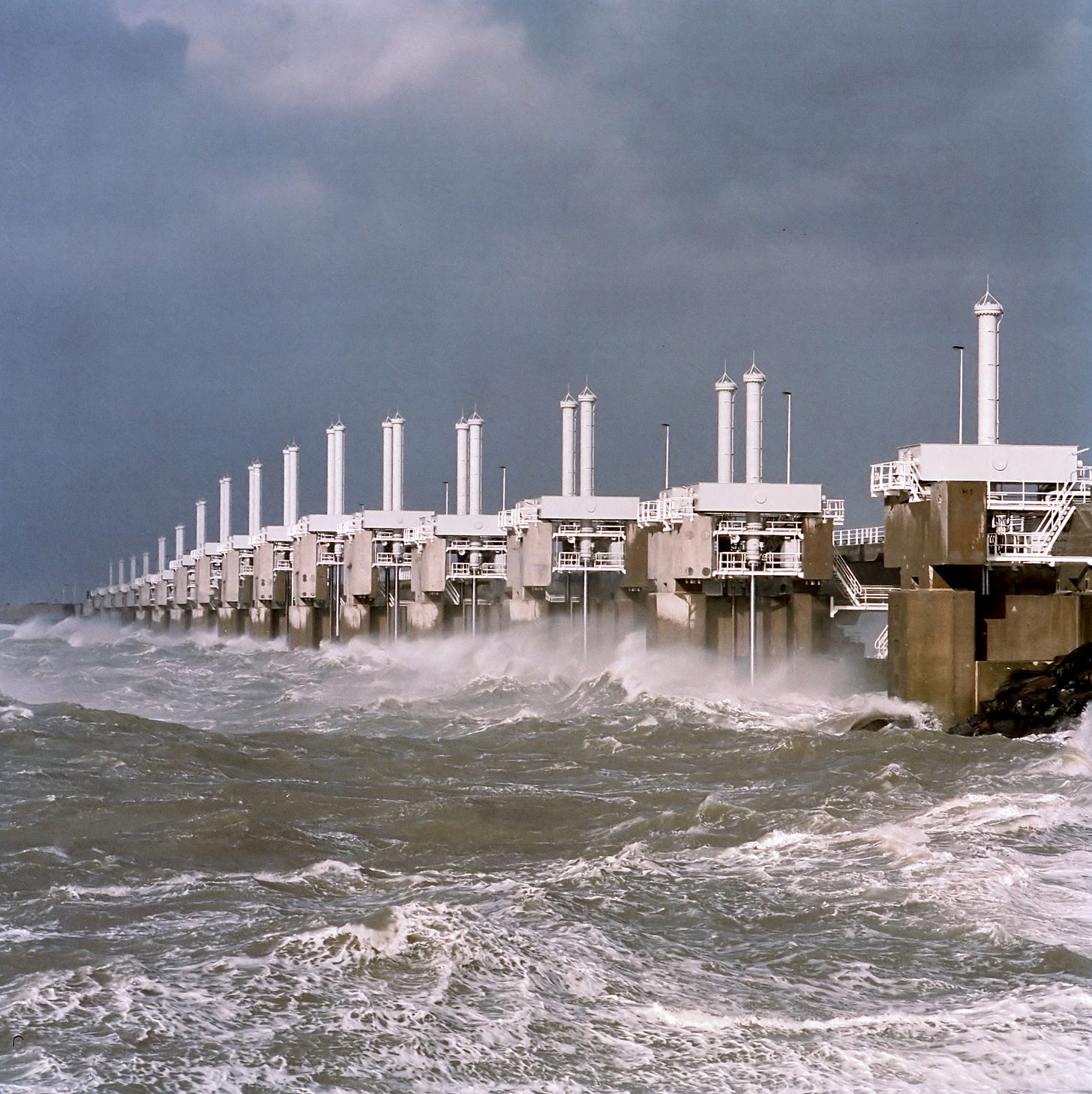Luctor et Emergo
I struggle and emerge
This letter explores various thoughts and feelings associated with current market developments, particularly regarding companies actively building Bitcoin Treasuries. We’re impressed by the scale and speed at which some of these companies operate, fascinated by the underlying mechanics, yet remain cautious about potential future developments. We will aim to engage your imagination on multiple fronts.
We’ve received valuable feedback from our esteemed readers, notably requests to include additional bitcoin-focused companies, such as Fold, in our analyses. Please rest assured, each suggestion is taken seriously and considered carefully. However, we believe every inclusion must align with the appropriate context and timing. This edition specifically aims to explore broader concepts, using Strategy as an example due to their pioneering role in shaping this space—actively writing the handbook and charting a path forward.
Is bitcoin’s next parabolic move starting? Global liquidity and business cycle indicators suggest it may be. Read the latest report from Unchained and TechDev, analyzing how global M2 liquidity and the copper/gold ratio—two historically reliable macro indicators—are aligning once again to signal that a new bitcoin bull market may soon begin.
Blockstream Jade Plus is the easiest, most secure way to protect your Bitcoin—perfect for beginners and pros alike. With a sleek design, simple setup, and step-by-step instructions, you'll be securing your Bitcoin in minutes.
Seamlessly pair with the Blockstream Green app on mobile or desktop for smooth onboarding. As your stack grows, Jade Plus grows with you—unlock features like the air-gapped JadeLink Storage Device or QR Mode for cable-free transactions using the built-in camera.
Want more security? Jade Plus supports multisig wallets with apps like Blockstream Green, Electrum, Sparrow, and Specter.
Protect your Bitcoin, sleep better, stack harder. Use code: TBL for 10% off.
The Great Flood
On the night of January 31, 1953, a severe North Sea storm coinciding with a high spring tide breached the dikes of the southwestern Netherlands, triggering the devastating “Watersnoodramp”—the Great Flood. Over 1,800 lives were lost, tens of thousands displaced, and more than 100,000 hectares submerged, particularly in Zeeland, one of the Netherlands’ twelve provinces. Entire villages were engulfed by saltwater. This disaster highlighted the vulnerability of a nation built largely below sea level, ultimately leading to the construction of the Delta Works, an unprecedented flood-defense system designed to prevent future catastrophes.
The COVID Flood
As this history is well-documented, we won’t dwell extensively here, but the analogy is strikingly appropriate. In a recent, must-watch interview between Michael Saylor and Jordan B. Peterson, Michael shared insights into his journey towards bitcoin, describing what led him to view bitcoin as the solution to his company’s challenges. He detailed his relentless pursuit of market share against giants like Microsoft, explaining the exhaustive efforts of MicroStrategy’s 2,000 employees, who improved processes, upgraded software, developed superior products, invested millions in R&D and marketing, and tirelessly traveled worldwide to win clients. Despite a decade of effort, significant market growth eluded them, leaving them profitable but lacking substantial appeal to investors.
After years of labor, their cash position stood at $500 million. Observing global responses to COVID lockdowns—interest rates dropping to zero and stimulus checks flooding economies—Michael recognized a threat to purchasing power. While Main Street suffered, Wall Street thrived. Strategy identified bitcoin as a superior store of value, protecting wealth from the flood of fiat currency debasement.
The Zeeland coat of arms features a lion rising from waves, symbolizing resilience against adversity, paired with the motto “Luctor et Emergo”—“I struggle and emerge,” or more freely, “I wrestle with adversity and rise above it.”
Michael effectively communicated to Dr. Peterson the extent of his struggle—first in competition with Microsoft, then in protecting earned wealth from monetary inflation. Similarly, Simon Gerovich, CEO of Metaplanet, battled to sustain 30 hotels amidst prolonged global shutdowns. The reality is that countless companies and individuals are struggling today, a narrative frequently echoed on social media.
August 11th marks five years since Strategy (formerly MicroStrategy) unveiled their Bitcoin Treasury Strategy, initially aimed at protecting their capital from devaluation but evolving into an entire investment ecosystem. Investors can now select from various instruments tailored to their desired risk and return profiles—owning company shares, providing capital in exchange for attractive yields, or investing in strategies designed to capitalize on stock volatility.
There’s a saying: “God created the world, but the Dutch created the Netherlands.”
Reflecting on the past five years, we would extend this metaphor: “Satoshi Nakamoto created bitcoin, but Michael Saylor created the Archipelago ₿.”
Neeltje Jans
Neeltje Jans was born not out of comfort, but necessity—a man-made island built at Zeeland’s sea corridor to anchor history’s most ambitious storm barrier. Its purpose wasn’t merely to hold back water blindly, but to channel it selectively—to protect, adapt, and thrive.
In today’s world, flooded not by storm tides but by fiat liquidity, debt, and monetary degradation, Michael Saylor is creating the financial equivalent of the Delta Works.
Strategy acts as a modern-day Neeltje Jans—a platform engineered amidst turbulent financial waters. It is constructing the sluices, pumps, and locks needed to channel wealth from the vast fiat ocean into a freshwater reservoir, where communities can sustainably thrive.
This effort isn’t about resisting change, but engineering its flow. Just as the Oosterscheldekering closes during storms and opens under favorable tides, we must build selective gates to protect and strategically guide wealth.
A Salty Paradox
Salt embodies a paradox. The human body can’t function without it—sodium and chloride regulate fluid balance, nerve signaling, and muscle contraction. Yet too much salt becomes toxic, causing dehydration, kidney stress, and systemic disruption. Similarly, in finance, debt acts as salt in the corporate body—essential in moderation but dangerous in excess. Strategy understands this delicate balance.








